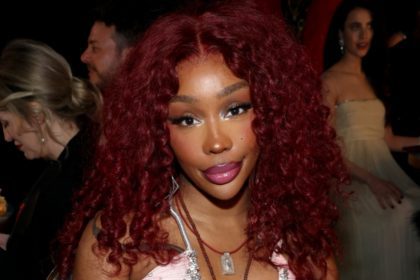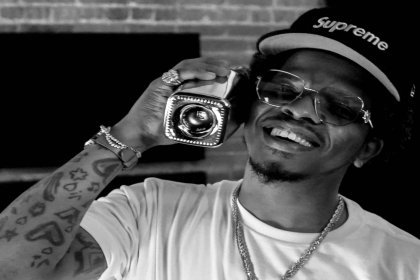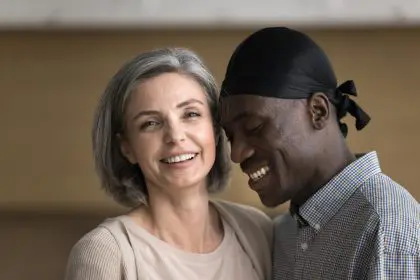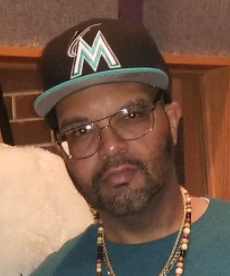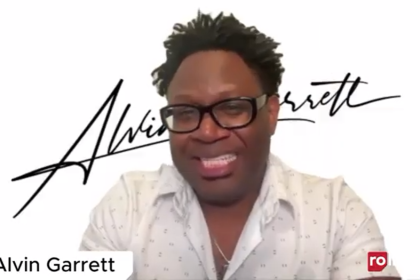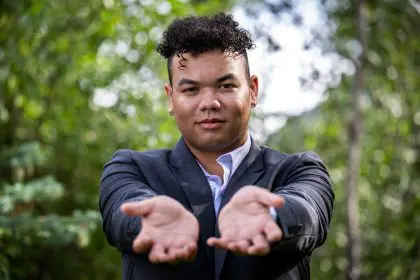You’ve been a professor at your alma mater since 2007. Women don’t get a lot of recognition in the jazz world, so is that why it’s important to you to highlight other female composers with your works and teachings?
I’m founder and artistic director of the Berklee Institute of Jazz and Gender Justice. That’s an institute that I created at Berklee College of Music to address the problem in jazz of not having gender diversity.
Where do you see jazz going in the future?
Jazz is not going anywhere. It’s an art form that will be with us forever. It changes as the times change and that’s really the one thing that has been stable about jazz is that it evolves. There’s a lot of current jazz that mixes music of these young artists and hip-hop, and indie rock or music from their own cultural background, so jazz is alive and well. It’s not going anywhere, because you can’t program it. There are people that will always go to hear improvised music. Music without words … you go to hear high creativity really being invented right before your eyes and people will always be attracted to that.


